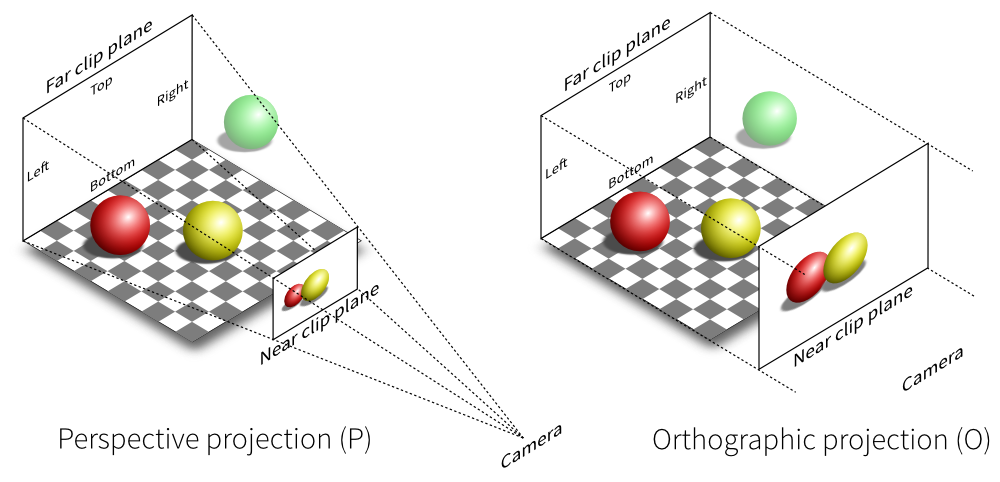1
2
3
4
5
6
7
8
9
10
11
12
13
14
15
16
17
18
19
20
21
22
23
24
25
26
27
28
29
30
31
32
33
34
35
36
37
38
39
40
41
42
43
44
45
46
47
48
49
50
51
52
53
54
55
56
57
58
59
60
61
62
63
64
65
66
67
68
69
70
71
72
73
74
75
76
77
78
79
80
81
82
83
84
85
86
87
88
89
90
91
92
93
94
95
96
97
98
99
100
101
102
103
104
105
106
107
108
109
110
111
112
113
114
| #include <bits/stdc++.h>
#define DBG
#define FAST_IO
#ifdef FAST_IO
const int IN_LEN = 1000000, OUT_LEN = 1000000;
inline int nextChar() {
static char buf[IN_LEN], *h, *t;
if (h == t) {
t = (h = buf) + fread(buf, 1, IN_LEN, stdin);
if (h == t) return -1;
}
return *h++;
}
template<class T>
inline bool read(T &x) {
static bool iosig = 0;
static char c;
for (iosig = 0, c = nextChar(); !isdigit(c); c = nextChar()) {
if (c == -1) return false;
if (c == '-') iosig = 1;
}
for (x = 0; isdigit(c); c = nextChar()) x = (x << 1) + (x << 3) + (c ^ '0');
if (iosig) x = -x;
return true;
}
char obuf[OUT_LEN], *oh = obuf;
inline void writeChar(const char c) {
if (oh == obuf + OUT_LEN) fwrite(obuf, 1, OUT_LEN, stdout), oh = obuf;
*oh++ = c;
}
inline void flush() { fwrite(obuf, 1, oh - obuf, stdout); }
#endif
template<size_t size>
struct SuffixArray {
bool t[size << 1];
int b[size], b1[size];
int sa[size], rk[size], ht[size];
inline bool islms(const int i, const bool *t) { return i > 0 && t[i] && !t[i - 1]; }
template<class T>
inline void sort(T s, int *sa, const int len, const int sigma, const int sz, bool *t, int *b, int *cb, int *p) {
memset(b, 0, sizeof(int) * sigma);
memset(sa, -1, sizeof(int) * len);
for (register int i = 0; i < len; i++) b[s[i]]++;
cb[0] = b[0];
for (register int i = 1; i < sigma; i++) cb[i] = cb[i - 1] + b[i];
for (register int i = sz - 1; i >= 0; i--) sa[--cb[s[p[i]]]] = p[i];
for (register int i = 1; i < sigma; i++) cb[i] = cb[i - 1] + b[i - 1];
for (register int i = 0; i < len; i++) if (sa[i]> 0 && !t[sa[i] - 1]) sa[cb[s[sa[i] - 1]]++] = sa[i] - 1;
cb[0] = b[0];
for (register int i = 1; i < sigma; i++) cb[i] = cb[i - 1] + b[i];
for (register int i = len - 1; i >= 0; i--) if (sa[i] > 0 && t[sa[i] - 1]) sa[--cb[s[sa[i] - 1]]] = sa[i] - 1;
}
template<class T>
inline void sais(T s, int *sa, int len, bool *t, int *b, int *b1, int sigma) {
int i, j, sz = 0, cnt = 0, p = -1, x, *cb = b + sigma;
t[len - 1] = 1;
for (i = len - 2; i >= 0; i--) t[i] = s[i] < s[i + 1] || (s[i] == s[i + 1] && t[i + 1]);
for (i = 1; i < len; i++) if (t[i] && !t[i - 1]) b1[sz++] = i;
sort(s, sa, len, sigma, sz, t, b, cb, b1);
for (i = sz = 0; i < len; i++) if (islms(sa[i], t)) sa[sz++] = sa[i];
for (i = sz; i < len; i++) sa[i] = -1;
for (i = 0; i < sz; i++) {
x = sa[i];
for (j = 0; j < len; j++) {
if (p == -1 || s[x + j] != s[p + j] || t[x + j] != t[p + j]) { cnt++, p = x; break; }
else if (j > 0 && (islms(x + j, t) || islms(p + j, t))) break;
}
x = (~x & 1 ? x >> 1 : x - 1 >> 1), sa[sz + x] = cnt - 1;
}
for (i = j = len - 1; i >= sz; i--) if (sa[i] >= 0) sa[j--] = sa[i];
int *s1 = sa + len - sz, *b2 = b1 + sz;
if (cnt < sz) sais(s1, sa, sz, t + len, b, b1 + sz, cnt);
else for (i = 0; i < sz; i++) sa[s1[i]] = i;
for (i = 0; i < sz; i++) b2[i] = b1[sa[i]];
sort(s, sa, len, sigma, sz, t, b, cb, b2);
}
inline void getHeight(const char *s, const int len, const int *sa) {
for (int i = 0, k = 0; i < len; i++) {
if (rk[i] == 0) k = 0;
else {
if (k > 0) k--;
int j = sa[rk[i] - 1];
while (i + k < len && j + k < len && s[i + k] == s[j + k]) k++;
}
ht[rk[i]] = k;
}
}
template<class T>
inline void init(T s, const int len, const int sigma) {
sais(s, sa, len, t, b, b1, sigma);
for (register int i = 1; i < len; i++) rk[sa[i]] = i;
getHeight(s, len, sa);
}
};
const int MAXN = 200000 + 10;
char s[MAXN], ans[MAXN];
int n, len, sz;
SuffixArray<MAXN> sf;
int main() {
read(n), len = n;
for (register int i = 0; i < n; i++) s[i] = nextChar(), nextChar();
s[n] = 'a' - 1;
for (register int i = 0; i < n; i++) s[(n << 1) - i] = s[i];
n = n << 1 | 1;
sf.init(s, n + 1, 256);
register int l = 0, r = len + 1;
for (register int i = 0; i < len; i++) {
if (sf.rk[l] < sf.rk[r]) writeChar(s[l++]);
else writeChar(s[r++]);
if (!((i + 1) % 80)) writeChar('\n');
}
flush();
return 0;
}
|



